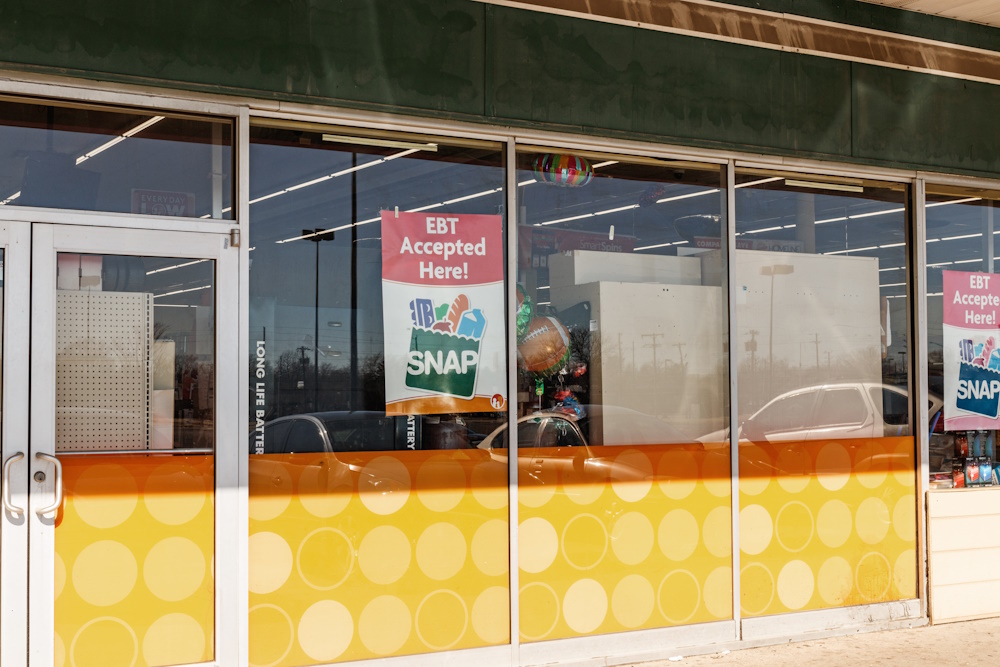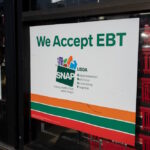Food Stamp benefits, also known as the Supplemental Nutrition Assistance Program (SNAP), provide essential support to low-income individuals and families in Florida. The food stamp program ensures that everyone has access to nutritious food, even during challenging times. This article will guide you through understanding Food Stamp benefits in Florida, including eligibility criteria and the application process step-by-step.
Understanding Food Stamp Benefits in Florida
- What Are Food Stamp Benefits?
Food Stamp benefits, often referred to as SNAP, are designed to help eligible low-income individuals and families purchase healthy food and improve their overall nutrition. These benefits are provided through Electronic Benefits Transfer (EBT) cards, allowing recipients to buy eligible food items at authorized retailers.
- Who Administers Food Stamp Benefits in Florida?
The Florida Department of Children and Families (DCF) administers the Food Stamp program in the state. DCF is responsible for determining eligibility and processing applications.
Eligibility Criteria for Food Stamps in Florida
To qualify for Florida SNAP benefits, you must meet certain income criteria.
- For a household of one person: The maximum monthly gross income was $1,396, and the maximum net income was $1,073.
- For a household of two people: The maximum monthly gross income was $1,888, and the maximum net income was $1,452.
These income limits increased with the number of household members. It’s important to note that these limits can vary based on factors such as household size, expenses, and other deductions. You can check the most up-to-date income limits on the Florida DCF website.
Resource Limit
In addition to income limit, there are resource limits to consider. As of 2021, the maximum resource limit for most households was $3,750. However, certain resources like a primary home, personal belongings, and vehicles may not count towards this limit.
Citizenship and Residency
To be eligible for the SNAP program in Florida, you must be a United States citizen or an eligible non-citizen and be a resident of Florida. Eligible non-citizens include lawful permanent residents (green card holders) and refugees.
Work Requirements
Work requirements are also a part of the eligibility criteria for Florida food assistance benefits. Adults aged 18 to 49 without dependents are typically subject to work requirements, which include participation in employment or job training programs. These requirements may have certain exemptions and variations.
Application Process Step-by-Step
1: Preparing for the Application
Before applying, gather the necessary documents. This may include proof of identity, income, expenses, and citizenship or legal status. You can find a list of required documents on the Florida DCF website.
2: Online Application
You can apply for Food Stamp benefits in Florida online through the “ACCESS Florida” website. This platform allows you to submit your application, check your eligibility, and monitor the status of your application.
3: Interview
After submitting your application, you’ll be scheduled for an interview. The interview can be conducted in person, over the phone, or online, depending on your preference. During the interview, you will be asked questions to verify your eligibility.
4: Eligibility Determination
The Florida DCF will review your application, documents, and interview to determine your eligibility. The process typically takes up to 30 days from the date of application.
5: EBT Card Issuance
If you are found eligible, you will receive an EBT card loaded with the approved amount of Food Stamp benefits. These benefits can be used to purchase eligible food items at authorized retailers, including grocery stores and supermarkets.
Determining Your Food Stamp Benefit Amount
- How is my food stamp benefit amount calculated?
Your food stamp benefit amount is calculated based on several factors, including your household’s income, expenses, and family size. The United States Department of Agriculture (USDA) provides a tool known as the SNAP Benefit Estimator, which allows you to estimate your potential benefit amount before applying. Keep in mind that this is only an estimate, and the actual amount may vary.
- Do I need to provide documentation to determine my eligibility?
Yes, to calculate your benefit amount, you must provide documentation, such as pay stubs, rent/mortgage receipts, and utility bills. The more accurate and up-to-date your documentation, the more precise your benefit calculation will be.
Interview and Verification Process
After submitting your application, you may be required to participate in an interview with a SNAP caseworker. This interview can be conducted in person, over the phone, or online, depending on your state’s regulations. Be prepared to discuss your financial situation, household composition, and any special circumstances. During the interview, you will discuss your income, expenses, and other financial details. It’s crucial, to be honest and provide accurate information to ensure your benefits are correctly calculated. If you’re uncertain about any aspect, don’t hesitate to ask questions. You may be asked to provide documentation to verify the information you provided during the interview. These documents may include proof of income, rent or mortgage receipts, utility bills, and social security cards. Make sure to submit these documents promptly to avoid delays in your application.
Common Pitfalls
What are common pitfalls to avoid during the SNAP application process?
1. Underreporting income: Accurate income reporting is crucial. Underreporting or omitting sources of income can result in a reduction or denial of benefits.
2. Not updating information: If your financial situation changes, such as a change in income, household composition, or expenses, make sure to inform your caseworker promptly.
3. Missing deadlines: Missing application deadlines or failing to complete required interviews can lead to application denial or benefit termination.
Frequently Asked Questions
- Can I receive SNAP benefits if I have savings or assets?
Having some savings or assets typically does not disqualify you from SNAP. The eligibility rules can vary by state, and some assets may be exempt from consideration. It’s essential to check your state’s specific guidelines.
- How long does it take to receive benefits after applying?
The time it takes to receive benefits can vary depending on your state, but the USDA guidelines recommend processing applications within 30 days. In some cases, emergency benefits may be available sooner.
- Can college students apply for SNAP?
Yes, college students can apply for SNAP if they meet certain eligibility criteria. These criteria may include working a certain number of hours, participating in a federal work-study program, or having a child.
In conclusion, Food Stamp benefits in Florida can provide crucial support to individuals and families facing financial hardship. By understanding the eligibility criteria and following the application process step-by-step, you can access this vital assistance and ensure that you and your loved ones have access to nutritious food. For the most up-to-date information, be sure to visit the Florida Department of Children and Families and consult their resources. If you have more questions, contact us at Benefits.com for more help!






